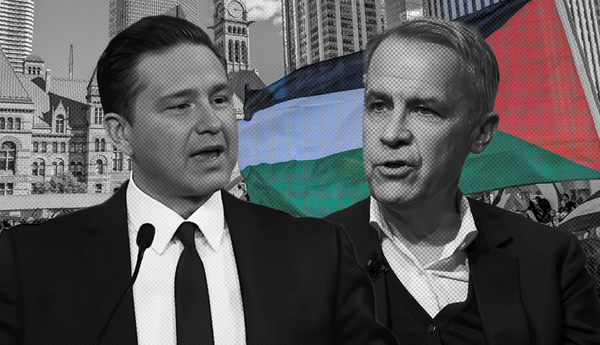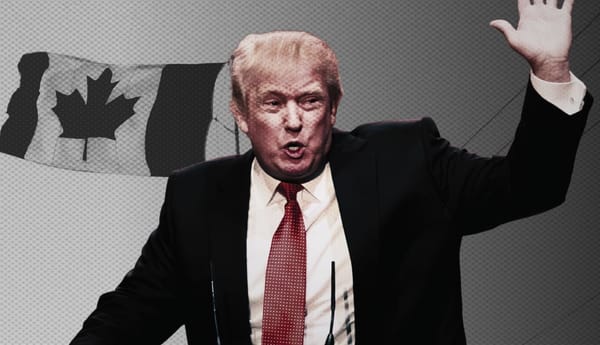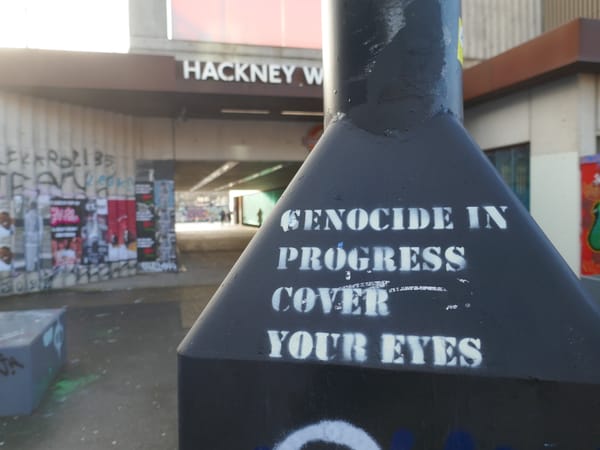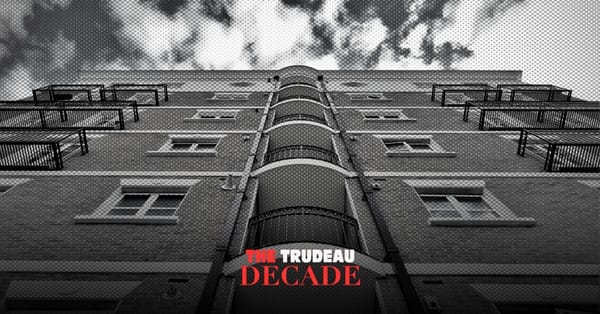A man richer than King Charles III has just become prime minister of the United Kingdom.
Rishi Sunak, first elected to parliament in 2015, ran in Conservative Party leadership campaigns twice this year. In September, he lost against Liz Truss, who resigned 45 days later. Earlier this week, his second campaign was successful, after his rivals all dropped out. Sunak is the third U.K. prime minister this year alone, and won’t have to run in a general election until January 2025.
These are funny days for archaic voting systems, with Sunak leading a government coasting on a mandate that was given in 2019, under different circumstances and leadership. But as democracy in the U.K. goes, so too does ours.
At the moment, three provinces in Canada are currently led by unelected figures, who slid into their offices mid-mandate after their predecessors stepped down or resigned.
Last week, MLA David Eby became the premier-designate of British Columbia after his only challenger in the provincial NDP’s leadership race was disqualified by the party.
Earlier this month, Danielle Smith (who isn’t even an MLA) won the United Conservative Party leadership race by a narrow margin and became the premier of Alberta, voted in by just about 0.002 per cent of the province’s eligible voters.
In October 2021, Heather Stefanson won the Progressive Conservative leadership election by just a few hundred votes, and became premier of Manitoba (although her opponent briefly claimed the title as well).
No wonder people are tuning out of politics.
None of these outcomes are illegal or even necessarily abnormal, but they do raise serious questions about our democratic systems, including why the resignation of a premier doesn’t immediately trigger a general election.
Some may argue that because governments are given mandates each general election, and resignations don’t take that party out of power, they should be able to internally elect a new leader. Others claim that these premiers who haven’t had to face general elections are only in power temporarily (the time between the most-recent leadership races and the next general elections in B.C., Manitoba and Alberta are 24, 24, and eight months, respectively).
While this logic might work in theory, it places the fate of a province’s leadership in the hands of a few party insiders and interested members, effectively holding the rest of the population hostage. Those unable to vote are left hoping that the party in charge won’t be corrupt and force popular candidates out of races, or that they won’t end up saddled with someone who promotes a horse dewormer as a way to cure COVID-19.
At the heart of the problem is the tension between the illusion that we elect our leadership and the reality that it’s controlled by tightly-coordinated backroom operatives who sit atop little fiefdoms inside political parties in every part of Canada. We elect local candidates, not our leadership, even though if you asked a random 10 Canadians if they voted for or against Prime Minister Justin Trudeau, nine would likely give an answer other than, “Well, actually, the Westminster system of parliamentary…” You get the picture.
With voter turnout constantly dropping, it’s clear that we have a crisis of faith in democratic institutions. Directly electing leadership likely wouldn’t be enough to fix this, as turnout at the municipal level, where this does happen, is often abysmal. Still, the average person’s lack of ability to be involved in selecting premiers mid-term, and the backroom shenanigans that can go along with these intra-party elections, feeds into cynicism and disenfranchisement. It’s democracy at least two times removed (three, in the case of Smith).
Our democratic structures are increasingly concentrating power in the hands of a few, regardless of how they’re supposed to work on paper. In the most recent federal election, for example, Trudeau received the support of just about 31 per cent of eligible voters in his Papineau riding. His party received the support of just 20 per cent of eligible voters, less than 16 per cent of the total population. The party even got fewer votes than the Conservatives, despite winning 41 more seats.
As power concentrates, as average people have less say in who governs them, our democratic system will continue to fall into the abyss. Politicians will make decisions in the interest of profits, capital, land exploitation and colonization, because they know who butters their bread. It isn’t voters — it’s grocery barons, telcos, the oil, gas and mining sectors, banks, real estate, investment firms, insurance companies, pension funds and transportation corporations.
Politicians who have been elected through this system have an interest in keeping it this way. How much longer will we allow them to operate like this?







